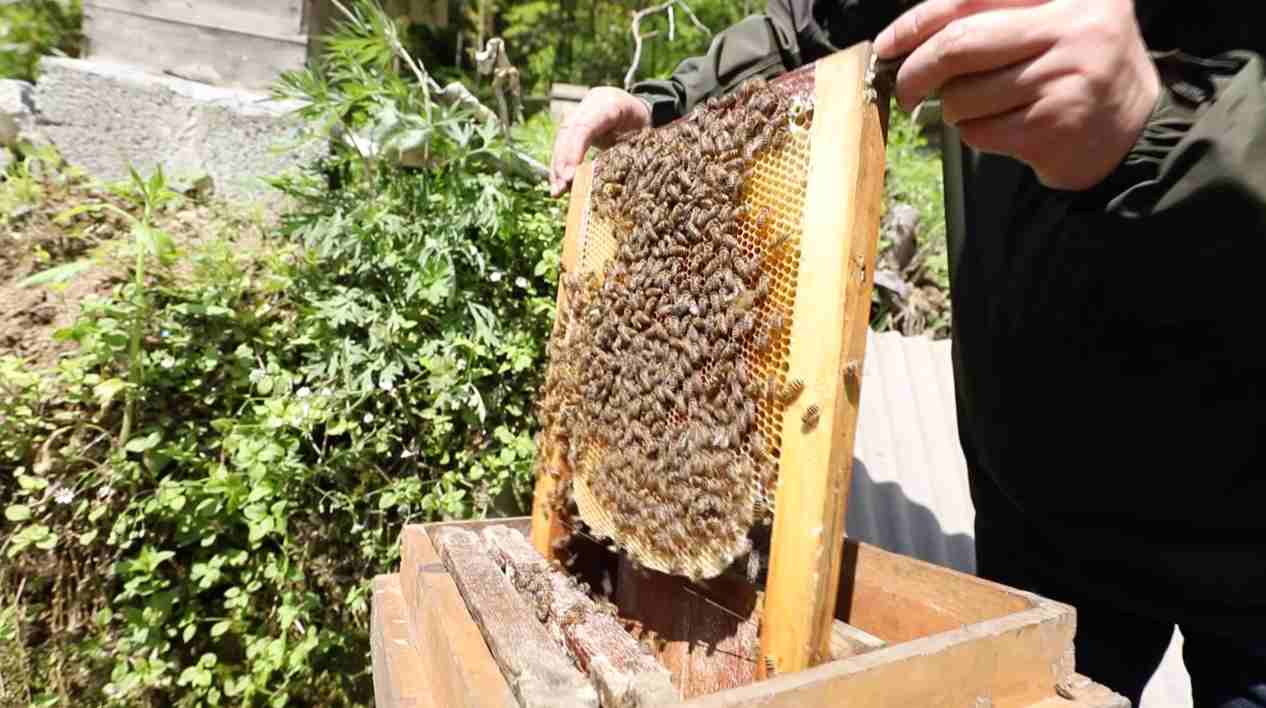
Environment
13:05, 24-May-2019
Plant expert in Shennongjia commits to maintaining forest ecosystem
Updated
14:52, 27-May-2019
By Zhao Yunfei, Meng Mingwei and Yuan Xinliang
01:58

Shennongjia National Park, located in central China's Hubei Province, is well known of its plant diversity. The area's ecological structure was fragile due to over-development a few decades ago. The park tried to make up for that in recent years.

Shennongjia National Park, China. /VCG Photo
Shennongjia National Park, China. /VCG Photo
The forestry zone is home to more than 3,000 types of plants. Those who use Chinese medicine said many herbs in the woods could cure diseases. Guo Yongbing, the national park's plant consultant, is committed to finding all the rare species and document them.
"Many medicinal materials in the Shennongjia area are not widely known. We should spread knowledge about them and grow more of them," Guo said.
Irrational market trends had caused local farmers to hunt for one type of medicine but ignore many others, said Guo, whose job is to create a balance in plant breeding.
"The Shennongjia area has high diversity in plants because of its diverse terrains. The high and low hills have created many different climates," Guo said.

Locals develop the beekeeping industry to help plants breeding. /CGTN Photo
Locals develop the beekeeping industry to help plants breeding. /CGTN Photo
But the natural valleys also block the spread of pollen. Therefore, bee-keeping had become an industry in Shennongjia. Bees can carry pollen as far as 10 kilometers. The little creatures are helping to maintain a good ecosystem in the forest.
The national park also paired up with universities to conduct scientific research, a method to attract more academic elites to contribute to the protection of the forest ecosystem.
Shennongjia opted for green development in both ecology and the local industry. Guo said all measures should be backed by scientific methods to ensure that.
(Top image via VCG)
(If you want to contribute and have specific expertise, please contact us at nature@cgtn.com.)

SITEMAP
Copyright © 2018 CGTN. Beijing ICP prepared NO.16065310-3
Copyright © 2018 CGTN. Beijing ICP prepared NO.16065310-3